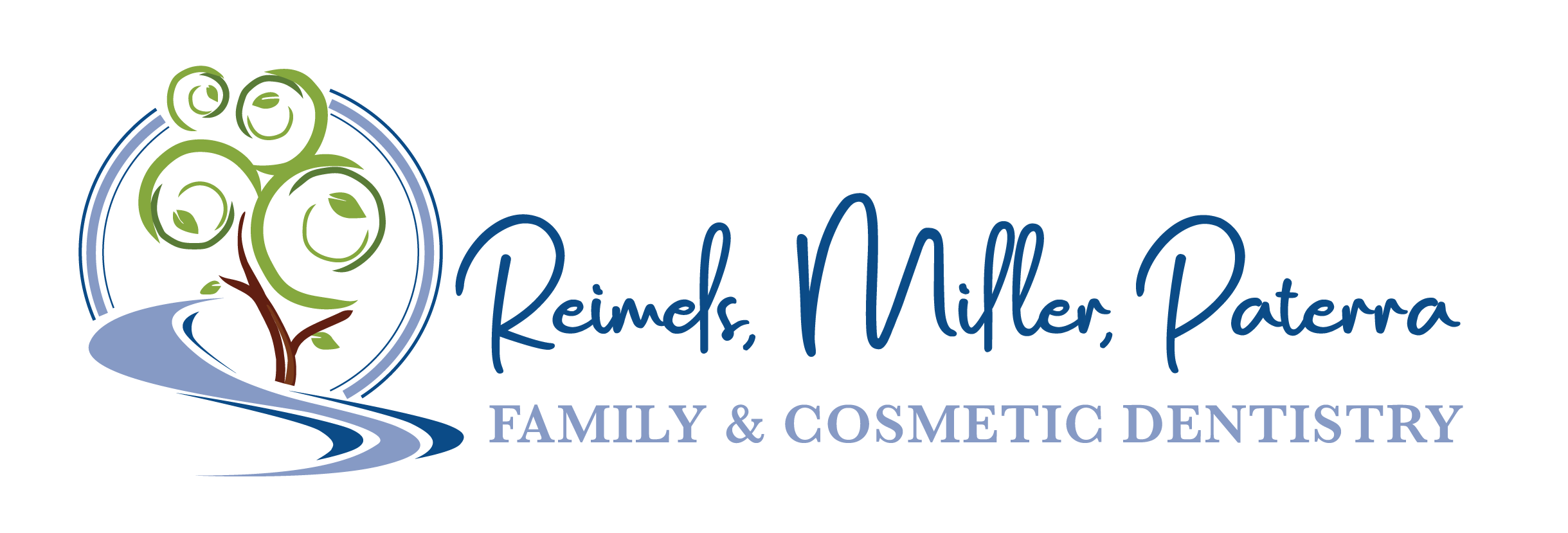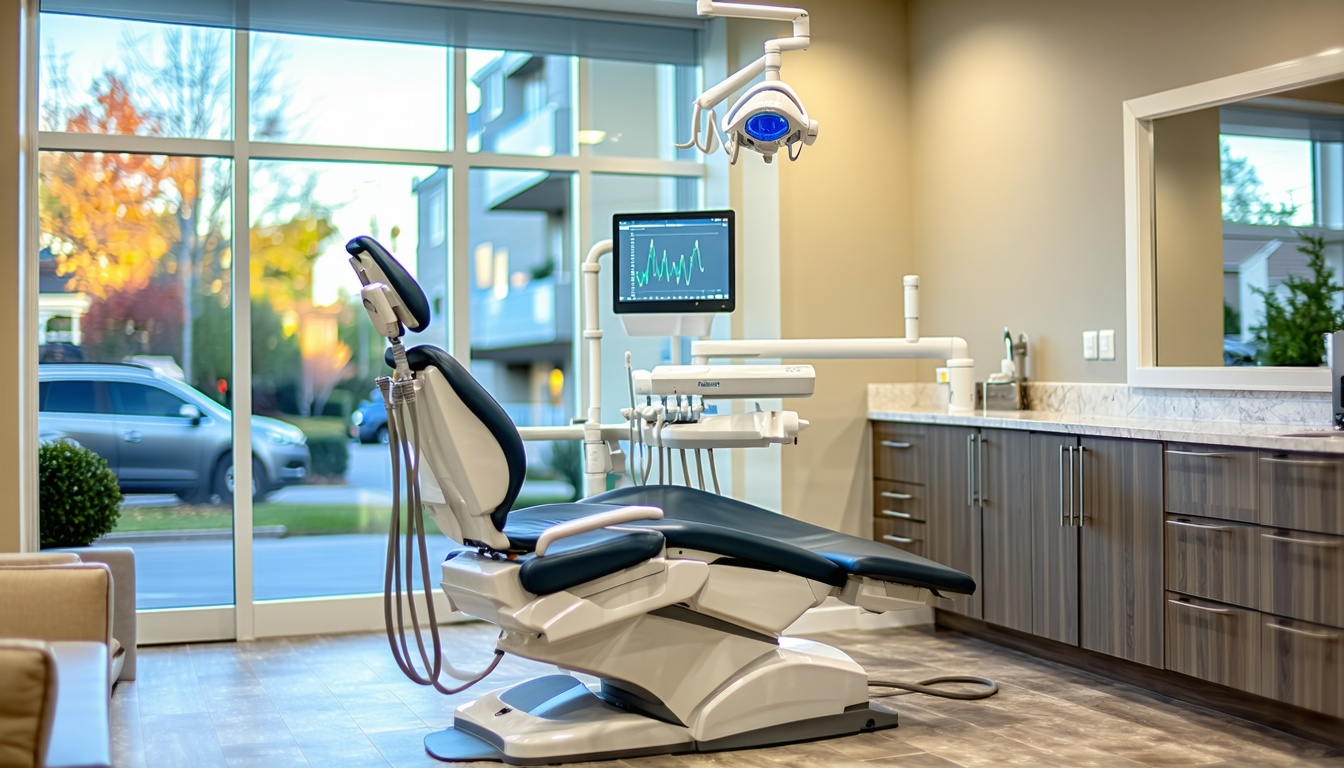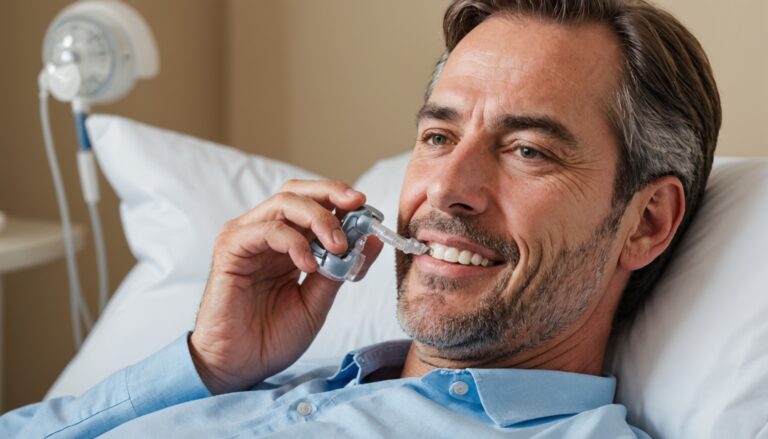Understanding Sleep Apnea
Sleep apnea is a condition that disrupts your breathing during sleep, forcing you to wake up frequently throughout the night. This section will guide you through the definition of sleep apnea and its primary types.
Definition of Sleep Apnea
Sleep apnea is a sleep disorder characterized by repeated interruptions in breathing throughout the night. According to Cleveland Clinic, about 1 billion people between ages 30 to 69 globally experience obstructive sleep apnea (OSA). The condition often occurs due to the relaxation of the muscles that support the soft tissues in your throat, blocking your airway (Mayo Clinic). This disorder leads to fragmented sleep and can cause severe daytime drowsiness and fatigue.
Types of Sleep Apnea
There are three main types of sleep apnea:
-
Obstructive Sleep Apnea (OSA):
The most common form. It occurs when the muscles that support the soft tissues in your throat, including the tongue and soft palate, temporarily relax, narrowing or closing your airway (Mayo Clinic).Type of Sleep Apnea Characteristics OSA Throat muscles temporarily relax, blocking the airway Central Sleep Apnea Brain fails to send proper signals to muscles that control breathing Complex Sleep Apnea Syndrome Combination of OSA and Central Sleep Apnea -
Central Sleep Apnea:
Less common than OSA but still significant. Central sleep apnea occurs when your brain fails to send the right signals to the muscles that control breathing (Cleveland Clinic). This disconnect leads to periodic pauses in breathing. -
Complex Sleep Apnea Syndrome:
Also known as treatment-emergent central sleep apnea, this type occurs when someone has both obstructive and central sleep apnea. It can complicate treatment and often requires a specialized in-network sleep apnea oral therapy dentist for optimal management.
By understanding the types of sleep apnea and their distinct characteristics, you can take proactive steps to manage the condition effectively. Recognizing symptoms early and consulting an aetna in-network sleep apnea dentist can significantly improve your sleep quality and overall well-being. Explore other related dental solutions, such as our oral appliance therapy for sleep apnea with insurance.
Risks and Effects of Sleep Apnea
Sleep apnea is a chronic condition that can significantly impact your life. Here, we dive into the various risks and effects linked to this sleep disorder.
Daytime Symptoms of Sleep Apnea
Repeated awakenings throughout the night associated with sleep apnea make it challenging to achieve restorative sleep. As a result, you may experience severe daytime drowsiness, fatigue, and irritability. This can interfere with your daily activities and even increase the risk of motor vehicle and workplace accidents.
| Symptom | Description |
|---|---|
| Daytime Drowsiness | Excessive sleepiness during the day, making it difficult to stay awake. |
| Fatigue | A persistent feeling of tiredness or exhaustion. |
| Irritability | Increased mood swings and irritability due to lack of sleep. |
Health Risks Associated with Sleep Apnea
Sleep apnea does more than just disrupt your sleep. It brings with it a host of other health risks. Individuals with sleep apnea have a higher likelihood of developing high blood pressure, also known as hypertension. Additionally, the condition elevates the risk of recurrent heart attacks, strokes, and irregular heartbeats, including atrial fibrillation. Multiple episodes of low blood oxygen can lead to sudden death from an irregular heartbeat in those with heart disease (Mayo Clinic).
| Health Risk | Impact |
|---|---|
| High Blood Pressure | Increased risk of hypertension. |
| Heart Attack | Elevated risk of recurrent heart attacks. |
| Stroke | Higher chance of experiencing a stroke. |
| Irregular Heartbeats | Increased risk of atrial fibrillation. |
| Low Blood Oxygen | Multiple episodes can lead to sudden death in those with heart disease. |
Impact on Day-to-Day Life
Beyond the immediate health risks, sleep apnea can significantly impact your day-to-day life. The ongoing fatigue and drowsiness can hinder your professional performance, affect your social life, and reduce overall quality of life. You may find it challenging to maintain focus, which could result in decreased productivity. Additionally, the constant sense of tiredness might make you less active, impacting your physical health further.
| Aspect of Life | Impact |
|---|---|
| Professional Performance | Decreased focus and productivity. |
| Social Life | Reduced ability to engage socially due to fatigue. |
| Quality of Life | Overall decrease in life satisfaction and energy levels. |
Understanding these risks and effects emphasizes the importance of seeking appropriate treatment. Your dentist can play a significant role in diagnosing and managing sleep apnea. If you are considering treatment, finding an Aetna in-network sleep apnea dentist can ensure you receive the care you need. For more on this topic, explore our resources on oral appliance therapy for sleep apnea and custom sleep apnea mouthpieces.
Complications of Sleep Apnea
Health Complications
Sleep apnea poses significant health risks that can affect various aspects of your well-being. If you suffer from obstructive sleep apnea, you are more vulnerable to a range of complications, all of which highlight the importance of diagnosing and treating this condition effectively.
| Health Complication | Description |
|---|---|
| High Blood Pressure (Hypertension) | Frequent episodes of low oxygen levels during sleep can elevate blood pressure and strain the cardiovascular system (Mayo Clinic). |
| Cardiovascular Problems | Increased risk of heart attack, stroke, and irregular heartbeats, including atrial fibrillation (Mayo Clinic). |
| Daytime Fatigue | Severe fatigue, irritability, and difficulty concentrating due to disrupted sleep patterns (Mayo Clinic). |
| Sudden Death from Irregular Heartbeat | Low blood oxygen levels can lead to fatal arrhythmias in individuals with heart disease (Mayo Clinic). |
Surgical Considerations
If you have sleep apnea, surgical procedures require extra caution. Obstructive sleep apnea can complicate medical interventions, particularly those involving anesthesia. It’s crucial to inform your healthcare providers about your sleep apnea before undergoing any surgery.
| Consideration | Description |
|---|---|
| Anesthesia Risks | General anesthesia and specific medications can exacerbate breathing issues, especially when sedated and lying on your back. |
| Post-Surgery Complications | Increased risk of complications following major surgery due to potential breathing problems experienced by individuals with sleep apnea (Mayo Clinic). |
It’s vital to discuss your sleep apnea with your surgical team in advance. They may take specific precautions to ensure your safety during and after the procedure.
Choosing the right dentist for sleep apnea treatment involves considering in-network options. For premium services such as implants, veneers, and restorative care, it is beneficial to choose an Aetna in-network sleep apnea dentist. For comprehensive care, explore our resources on tmj disorder treatments covered by Aetna and oral appliance therapy for sleep apnea with insurance.
Diagnosis and Treatment of Sleep Apnea
Diagnosis Process
Diagnosing sleep apnea involves several steps to accurately determine the presence and severity of the condition. The first step usually includes a comprehensive evaluation by a healthcare provider. This often involves discussing your symptoms, medical history, and lifestyle habits.
A common diagnostic tool is a sleep study (polysomnography). This study can be conducted at a sleep center or at home and it monitors various vital signs during sleep, such as:
- Respiratory effort
- Blood oxygen levels
- Heart rate
- Sleep stages and cycles
| Parameter | Monitored During Sleep Study |
|---|---|
| Respiratory Effort | Yes |
| Blood Oxygen Levels | Yes |
| Heart Rate | Yes |
| Sleep Stages/Cycles | Yes |
The results from these tests help in diagnosing conditions like obstructive sleep apnea (OSA) and central sleep apnea (CSA). For those in Huntersville, it’s recommended to seek an Aetna in-network sleep apnea dentist who can coordinate with your healthcare provider for a comprehensive diagnosis.
Treatment Options
Once diagnosed, several treatment options are available for managing sleep apnea, depending on the type and severity of the condition.
Continuous Positive Airway Pressure (CPAP) Therapy
CPAP therapy is a common and highly effective treatment for obstructive sleep apnea. This involves wearing a mask over the nose and/or mouth while sleeping. The mask is connected to a machine that delivers a steady stream of air, keeping the airways open.
Dental Appliances
For those seeking a less invasive treatment, dental appliances or oral appliances are an excellent option. These devices, custom-fitted by dentists, help keep the airway open by positioning the jaw and tongue forward. This is particularly beneficial for mild to moderate cases of obstructive sleep apnea.
| Treatment Option | Description | Suitable for |
|---|---|---|
| CPAP Therapy | Uses a mask to deliver steady airflow to keep airways open | Moderate to severe obstructive sleep apnea |
| Dental Appliances | Custom-fitted devices to keep the airway open | Mild to moderate obstructive sleep apnea |
For those covered by insurance, it’s crucial to confirm that these appliances are within your network. You can find more details on Aetna-approved sleep apnea dental solutions.
Lifestyle Changes
Addressing contributing factors is an essential part of sleep apnea management. Recommendations may include:
- Weight loss
- Avoiding alcohol and sedatives
- Changing sleep positions
Surgical Options
In severe cases, or when other treatments are ineffective, surgery may be considered. Options include tissue removal or shrinkage, jaw repositioning, or implantation of devices to stimulate muscles to keep airways open.
| Surgical Option | Description |
|---|---|
| Tissue Removal/Shrinkage | Removal or reduction of throat tissue to clear the airway |
| Jaw Repositioning | Realigning the jaw to increase the size of the airway passage |
| Implanted Devices | Devices that stimulate muscles to keep airways open |
If considering surgery, it’s important to inform your providers about your sleep apnea to avoid complications post-surgery due to breathing issues, especially under anesthesia (Mayo Clinic).
Your journey toward better sleep and health begins with finding the right provider. For those with Aetna, finding an aetna in-network sleep apnea dentist can make a significant difference in managing your condition. Explore more on options and coverage for treatments like oral appliance therapy and lifestyle tips to enhance your well-being.
Sleep Apnea and Dental Health
Sleep apnea is not just a nighttime nuisance; it poses significant risks to your overall health and well-being. Interestingly, your dentist can play a crucial role in managing this condition. This section explores dental solutions for sleep apnea and the roles dentists play in treatment.
Dental Solutions for Sleep Apnea
For those seeking an alternative to CPAP machines, dental solutions like oral appliances offer effective treatment options. These appliances help keep your airway open by repositioning your tongue and jaw during sleep. They are custom-fitted by experienced dentists to ensure maximum effectiveness and comfort.
Oral appliances fall into two main categories:
- Mandibular Advancement Devices (MADs):
- These devices advance your lower jaw forward, keeping your airway open during sleep.
- Tongue Retaining Devices (TRDs):
- These hold your tongue in a forward position, preventing airway obstruction.
| Dental Solution | Description | Pros | Cons |
|---|---|---|---|
| Mandibular Advancement Devices (MADs) | Move lower jaw forward | Highly effective, customizable | Can cause jaw discomfort, TMJ issues |
| Tongue Retaining Devices (TRDs) | Hold tongue in place | Useful for people with dentures | Less comfortable, salivation issues |
To ensure coverage, look for an Aetna-approved sleep apnea dental solution. Oral appliance therapy can be a significant step toward better sleep and health, especially when done by a qualified dentist.
Role of Dentists in Treating Sleep Apnea
Dentists are integral in diagnosing and managing sleep apnea. According to the Mayo Clinic, dentists trained in sleep medicine can work closely with your healthcare team to provide comprehensive care. Here’s how your dentist can help:
- Diagnosis and Screening:
- Dentists trained in sleep apnea can recognize the symptoms during routine check-ups. Symptoms include bruxism (teeth grinding), scalloped tongue, and chronic dry mouth.
- Customized Oral Appliances:
- Creating custom-fit oral appliances that are comfortable and effective.
- Follow-Ups and Adjustments:
- Regular follow-up visits to adjust the device and ensure optimal results.
- Collaborative Care:
- Cooperating with medical doctors to monitor your condition and recommend additional tests if necessary.
Finding an in-network sleep apnea oral therapy dentist ensures that your treatment is both effective and covered by your insurance plan, making it convenient and cost-effective. With reputable providers, you can manage sleep apnea effectively while also caring for your dental health.
For additional details on dental services for sleep apnea and insurance options, refer to:
- Custom sleep apnea mouthpiece with insurance
- Metlife dental appliance for sleep apnea
Understanding these dental aspects can help you take decisive steps toward managing sleep apnea and improving your quality of life.
Finding the Right Dental Provider
When seeking an Aetna in-network sleep apnea dentist, it’s essential to consider not only the provider’s qualifications but also the benefits of staying within your insurance network.
Factors to Consider
Selecting the appropriate dental provider for sleep apnea treatment involves multiple factors. Given the specialized nature of sleep apnea management, patients should prioritize the following:
- Expertise and Experience: Look for a dentist with substantial experience in treating sleep apnea. Providers should be knowledgeable about the latest treatments and technologies.
- Certifications: Verify that the dentist has specific training and certifications in sleep medicine and dental sleep apnea devices. These credentials indicate a commitment to specialized care.
- Comprehensive Services: A full-service dental practice that offers a wide range of treatments—from implants to cosmetic dentistry—can be beneficial for addressing all of your dental needs in one location.
- Patient Reviews and Referrals: Research patient reviews and ask for referrals to gauge the satisfaction and experiences of other patients.
- Modern Equipment: Ensure the practice utilizes state-of-the-art equipment and minimally invasive techniques to provide the highest quality care.
Importance of In-Network Providers
Choosing an in-network provider with Aetna or other insurance plans offers several advantages:
- Cost-Effectiveness: In-network providers have pre-negotiated rates with Aetna, often resulting in lower out-of-pocket costs for patients.
- Coverage Maximization: When you opt for in-network services, your insurance is likely to cover a higher percentage of the treatment costs, making advanced treatments more affordable.
- Streamlined Claims: In-network practices are familiar with Aetna’s billing processes, reducing the likelihood of claim denials and simplifying the paperwork for you.
Here’s a comparative table to illustrate the benefits:
| Criteria | In-Network Provider | Out-of-Network Provider |
|---|---|---|
| Cost | Lower, pre-negotiated rates | Higher, variable rates |
| Coverage | Higher percentage of costs covered | Lower percentage of costs covered |
| Claims Process | Streamlined, less hassle | More paperwork, potential for denials |
For an affluent audience in Huntersville, NC, seeking the highest quality of care, staying in-network without compromising on expertise is crucial. You might be interested in specialized treatments such as oral appliance therapy for sleep apnea with insurance or a custom sleep apnea mouthpiece with insurance.
Providing all-rounded, premium dental solutions ensures your sleep apnea and overall dental health are managed effectively under one roof. For more details on the intersection of dental health and sleep apnea, explore articles on dental insurance mouthguard for sleep apnea or does americo cover dental sleep apnea treatment.








